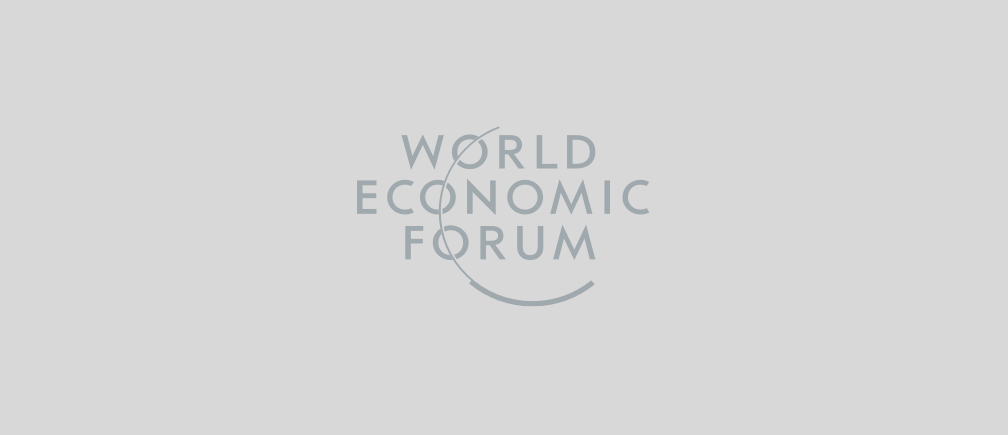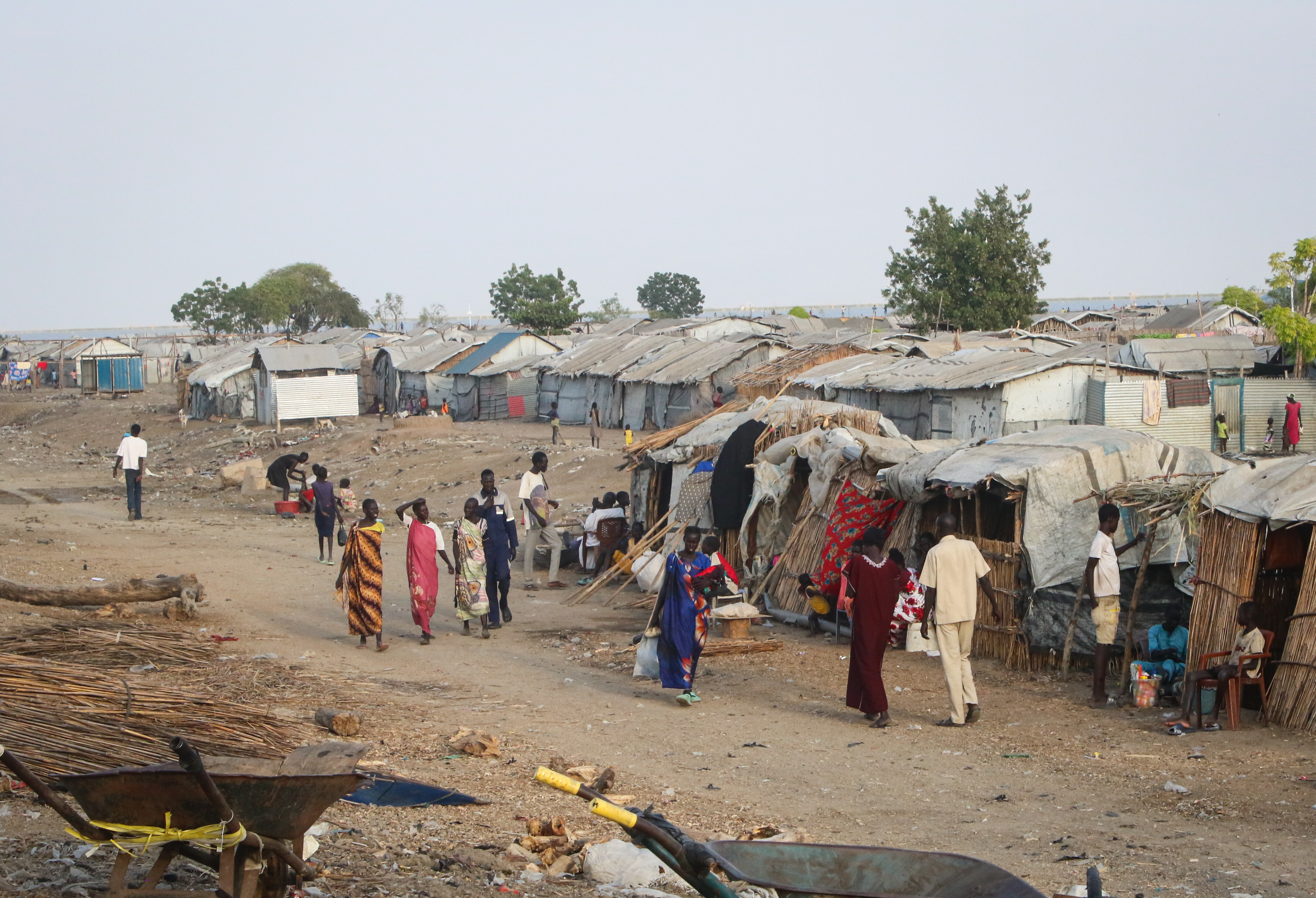
Strengthening Public-Private Cooperation with Civil Society
Incorporating key recommendations from the World Economic Forum’s global civil society community, this white paper details how civil society is strengthening public-private cooperation an...








